This review was originally posted on Goodreads.com and reviews.wheelerc.org on March 5, 2014.
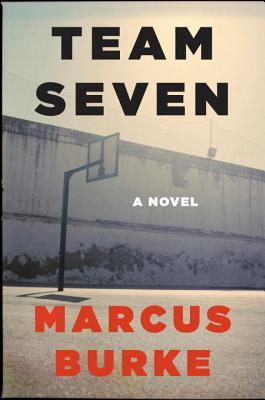 Team Seven, while well-written, suffers from a lack of a coherent timeline and organization, lending significant doubt to its character’s actions, language, etc.
Team Seven, while well-written, suffers from a lack of a coherent timeline and organization, lending significant doubt to its character’s actions, language, etc.
Perhaps unfortunately for my opinion of the book, it came on the heels of the excellent novel “Astonish Me” by Maggie Shipstead, which has a similar structure and pacing. While Shipstead’s novel clearly placed time in which each chapter took place, “Team Seven” lacks any sort of grounding.
Admittedly, “Team Seven” is Burke’s first novel. For this, he deserves credit for a well-written novel.
Even so, “Team Seven” is not without its glaring errors.
The book starts off with the narrator and main character, Andre, discussing his father’s “vitals.”
“I would ask Pop about his strange-smelling funny-cigarettes but I’m afraid to ask him questions anymore. He’s always in a rush and never tells me where he’s going when he leaves.”
So, we’re made to understand, the narrator is a youngster. Yet, this problem remains through the entire narrative: there is only rarely, or never, indication of time and the character’s respective ages/grades in the context of the time.
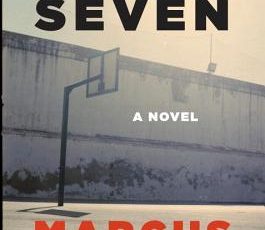

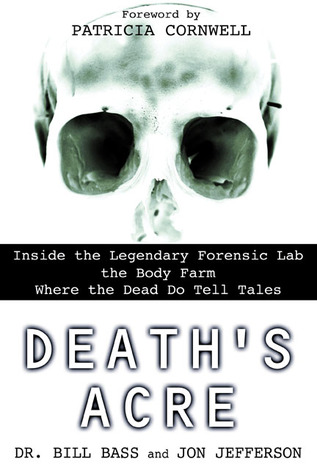 It’s Bill Bass’s bloated memoir, brimming with useless information, bogging down readers and serving no purpose.
It’s Bill Bass’s bloated memoir, brimming with useless information, bogging down readers and serving no purpose.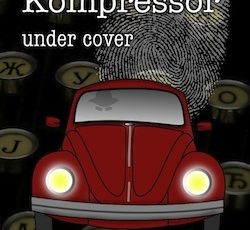
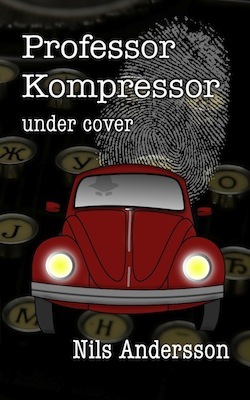 The biggest issue is the use of direct quotes. Most style books, and readers’ sanity, dictate the following: If a quote goes over a single paragraph, the end of the first paragraph, and all subsequent ones except for the last, do not have an ending quotation marks. Each quote encapsulated on both ends by quotation marks is supposed to mean the end of the quote: the next should be a different person’s quote.
The biggest issue is the use of direct quotes. Most style books, and readers’ sanity, dictate the following: If a quote goes over a single paragraph, the end of the first paragraph, and all subsequent ones except for the last, do not have an ending quotation marks. Each quote encapsulated on both ends by quotation marks is supposed to mean the end of the quote: the next should be a different person’s quote.















